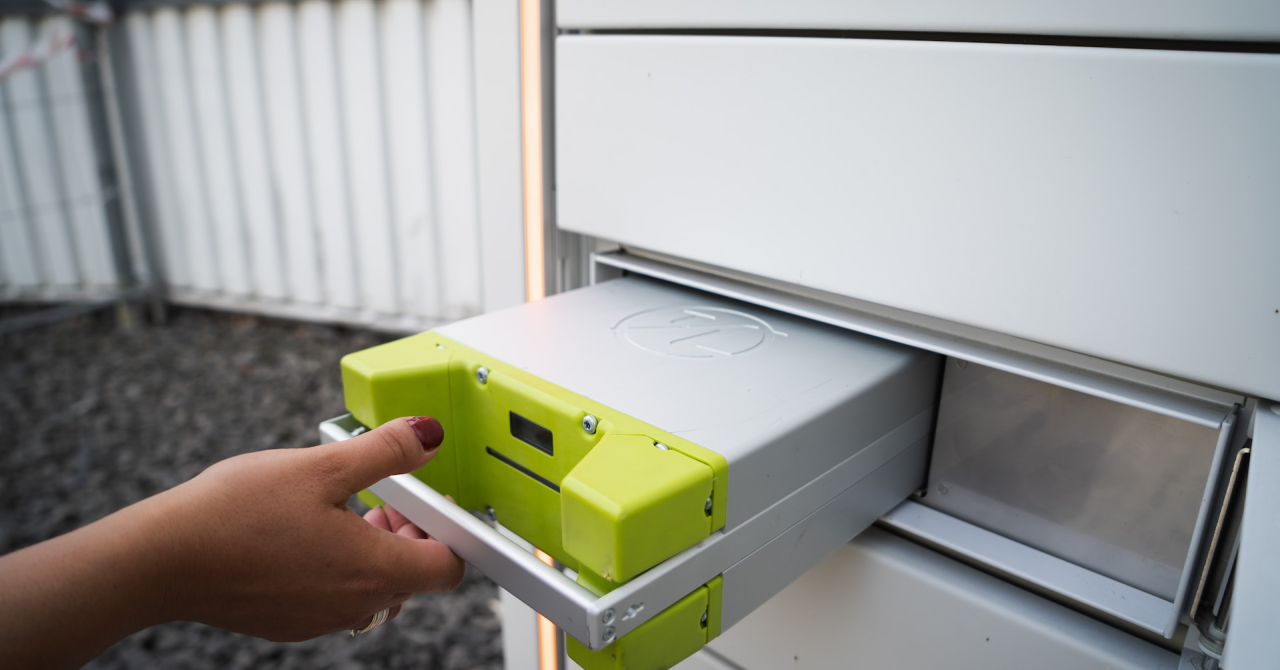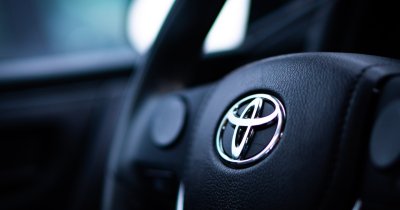Euronews.next reports that Chinese manufacturer NIO is the company who delivered the first "Power Swap Station" on the continent, which will help authorities reach the targeted 30 million battery-powered vehicles on roads by 2030.
The process of battery swapping is automated and all drivers have to do is get their vehicle into position, which will be raised by a platform and robots will automatically open the floor, remove depleted batteries and install fully-charged ones. This should add some 500 kilometers of range in an instant.
The whole process takes some five minutes and NIO officials say that the battery cells will be charged slowly in the station, so that they degrade slower.
The Chinese carmaker now plans to open another 100 of these battery-swapping stations in Europe later this year, while already operating 1.100 stations globally, most of them being located in China.
Michael Salomon, interim head of power at NIO Denmark, said that "we're putting the stations up in between major cities, allowing people that normally drive far. And then, next wave, we'll put them closer to the major cities and traffic hubs, sort of to broaden their perspective a little."
Experts believe that, for battery swapping stations to be effective, they need to have a common standard worldwide, so that all EV drivers can benefit from getting a full battery in a near-instant. NIO's solution is, obviously, tethered to their cars, so you need to own one of their vehicles to benefit from a rapid fill-up.
"If you're actually considering making the transition from an ICE (internal combustion engine) car to an EV, and you are not so keen on the idea of charging at all, then this could actually make sense with battery swap to that kind of drivers", said Morten Haagensen Elmose, of the Danish Electric Vehicle Association.
 Mihai - Cristian Ioniță
Mihai - Cristian Ioniță












Any thoughts?